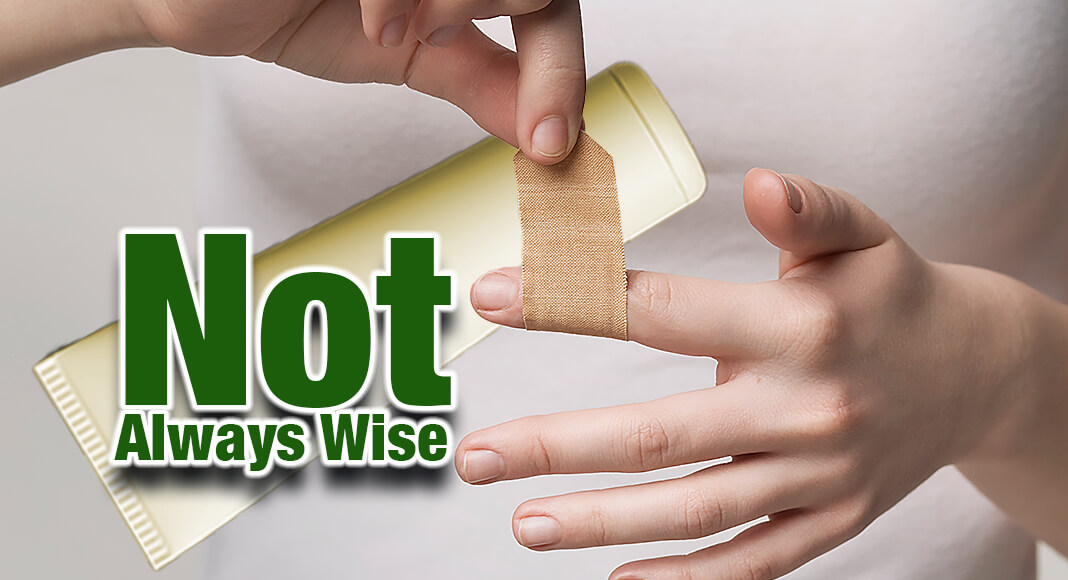
Mega Doctor News
By American Academy of Dermatology
Newswise — ROSEMONT, Illinois — Cold weather can be hard on your skin. When your skin becomes dry, as often happens in the winter, it can easily crack and bleed. When caring for a cut or other wound, it might seem logical to apply an antibiotic cream or ointment from the store to fight off germs and prevent infection. However, these antibiotic creams and ointments can irritate your skin even more and cause a painful and/or itchy rash, called contact dermatitis.
“In addition to causing irritation and a rash, the widespread use of antibiotics — including in instances when they aren’t needed — has contributed to a major public health challenge known as antibiotic resistance,” says board-certified dermatologist Dr. Marcelyn Coley, MD, FAAD. “Antibiotic resistance occurs when germs, such as bacteria, develop the ability to survive the drugs designed to kill them. That means the germs continue to grow. This makes infections caused by antibiotic-resistant germs difficult — and sometimes impossible — to treat.”
Most minor cuts and wounds and even surgical wounds do not require antibiotics. The only time antibiotics are typically needed is in the case of an infection. Signs that a wound may be infected include pus; yellow or golden crusts; pain; red, purple or brown skin; swelling or warmth; red (in light skin) or brownish red (in dark skin) streaks; feeling very hot or cold; or having a fever.
If your wound is not showing any signs of an infection, Dr. Coley recommends skipping the antibiotics and doing the following instead:
- Keep your skin injury clean. Wash your hands before touching your wound, and gently wash the wound daily with mild soap and water to keep out germs. As long as the wound is cleaned daily, it is not necessary to use an antibiotic ointment.
- Apply plain petroleum jelly to keep the wound moist. To prevent spreading dirt and bacteria, choose petroleum jelly that comes in a tube instead of a jar.
- Keep your wound covered with an adhesive bandage. For large scrapes, sores, burns or persistent redness, it may be helpful to use hydrogel or silicone gel sheets instead.
“According to the Centers for Disease Control and Prevention (CDC), more than half of all antibiotics used in the U.S. are not needed,” says Dr. Coley. “If you injure your skin and have questions about how to treat it, talk to a board-certified dermatologist.”







